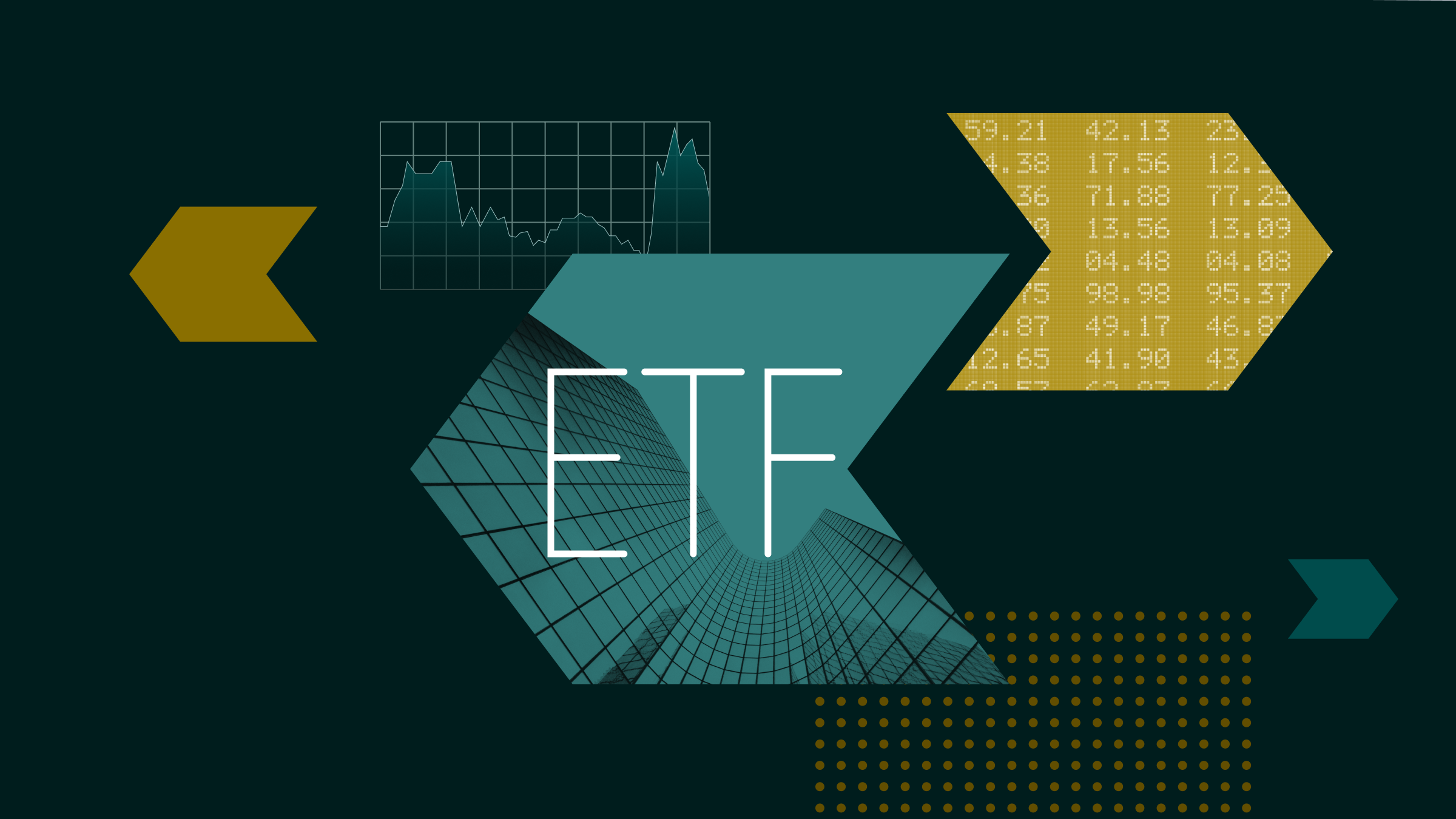Yockey and Lovelace, who were back-to-back Morningstar Managers of the Year in 1998 and 1999, share a similar philosophy about foreign investing, but when they discussed countries, sectors, and the beleaguered state of global markets in depth, some su
rprising differences emerged.
Meanwhile, Lovelace's growth bent led him to tech and telecom in the late 1990s. That made for staggering returns in 1999, of course, but hurt his fund's performance in subsequent years. Lovelace acknowledged that the fund made some mistakes when it held faltering telecom and wireless stocks for too long. He said the third-generation cellular license bidding wars of 2000 were the last straw in a sector that was overvalued and overextended. Still, Lovelace continues to see these firms as important players in global markets. He feels that many of these companies, particularly firms such as Vodafone, have good cash flow and strong management.
Japan and emerging markets
Both managers remain wary of Japan, the most heavily indebted industrial country in the world, and tend to devote far less than the index weighting to that market. But their strategies within the country are quite different. Lovelace's 16% stake in Japan is focused on exporting firms, which he feels have been more transparent and willing to restructure than companies that focus exclusively on the domestic economy. Yockey, who underweights the Japanese market even more dramatically, is more willing to take on domestic exposure; for example, he favors a few financial firms with access to local debt.
There's a difference of opinion when it comes to emerging markets, too. Yockey tends to buy only the big, blue-chip stocks, such as Mexican telecom giant Telefonos de Mexico. Many of these large-cap issues tend move in tandem with U.S. markets.
Lovelace's approach to emerging markets has changed lately. Many fund managers poured into developing regions in the early 1990s in an attempt to capture the sky-high growth rates of emerging economies, only to be disappointed by relentlessly low stock prices and continuing volatility. Lovelace pointed out that one of the products of higher growth rates--namely, consumer spending--doesn't necessarily benefit the domestic economies of emerging markets. Thus, he now focuses on companies that he thinks will benefit from rapid growth and increasing affluence in developing regions. The fund may purchase a U.S. apparel maker, for example, in an attempt to gain exposure to emerging markets.
This article was first published on www.morningstar.com on June 27th 2001. Please note when the text refers to a specific, US domiciled, investment fund it may not be available to UK investors.
The Morningstar investment conference took place from June 25th-27th in Chicago. This year it was attended by almost 1200 delegates including fund managers, securities analysts and advisers. It has run annually since 1988.
























